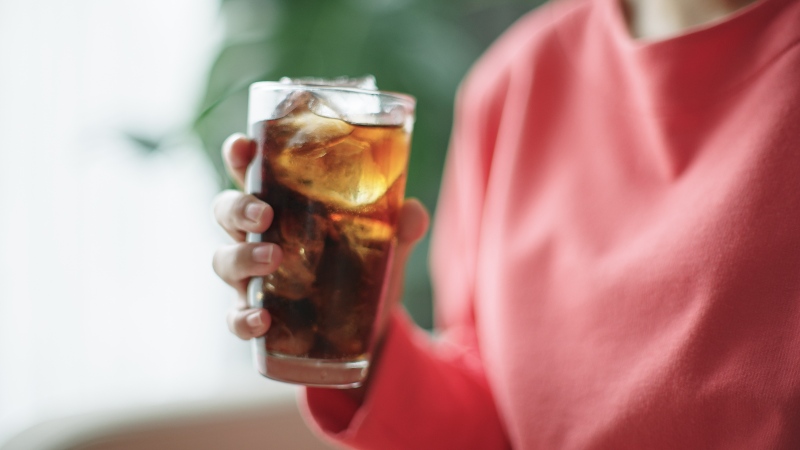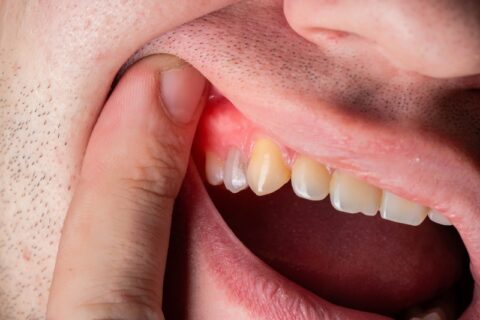How Much Sugar Is in Your Favorite Drink?
In today’s world, sugar is everywhere, especially in the beverages we love. Whether it’s a can of soda, a sweetened iced coffee, or a refreshing juice, many popular drinks contain very high levels of sugar that can impact our health if consumed in excess. With growing concerns over sugar’s link to various health issues—such as obesity, type 2 diabetes, and heart disease—knowing how much sugar is in your drink can be eye-opening. This article takes a closer look at the sugar content in some of our favorite drinks, why it matters, and how to make better choices.

Sugar Content in Popular Drinks
From sodas to fruit juices, the amount of sugar in common drinks can be surprising. For instance, a 12-ounce can of Coca-Cola contains about 39 grams of sugar. That’s roughly equivalent to nearly 10 teaspoons of sugar, and about 78% of the recommended daily intake for an average adult. Similarly, Mountain Dew, another popular choice, is even higher in sugar content. A 12-ounce can of Mountain Dew has around 46 grams of sugar. This Mountain Dew sugar content is among the highest for sodas, making it a significant source of added sugar in many people’s diets.
But sodas aren’t the only drinks packed with sugar. Energy drinks, typically marketed as performance boosters, also contain significant sugar levels. A standard can of energy drink can easily have around 30 grams or more. Bottled teas and flavored coffee drinks often contain added sugars, with a 16-ounce bottle of iced tea typically having 20-30 grams of sugar.
Juices, while often viewed as a healthier option, can also be deceiving. A 12-ounce glass of apple or orange juice, for instance, can contain between 20-30 grams of naturally occurring sugars. And smoothies or coffee-shop frappés can sometimes even surpass soda in terms of sugar content.
How Much Sugar Is in Your Favorite Drink?
One of the easiest ways to monitor sugar intake is by checking the nutritional labels on beverages. For any drink you pick up, look for the “sugars” listed under carbohydrates. You may be wondering “How much sugar does a soda have?” Grams of sugar in Coke, for example, are shown on the label to help you see exactly how much sugar a single can contains. However, keep in mind that some containers may list sugar per “serving,” which might be half of the bottle rather than the entire drink.
A surprising amount of sugar can lurk in unexpected places. For example, a fruit smoothie might seem healthy, but a large serving can contain upward of 60 grams of sugar, especially if made with added fruit syrups. Similarly, coffee-shop frappés or lattes with flavored syrups can have 20-50 grams of sugar or more in a single serving.
By knowing the sugar content in drinks and practicing label-reading, you can make more informed choices. When sugar content isn’t listed, you can also look for terms like “high-fructose corn syrup” or “cane sugar” to identify added sugars in the ingredients list.
How Much Is Too Much Sugar in a Drink?
The World Health Organization (WHO) advises that adults ingest no more than 25 grams (which is about 6 teaspoons) of added sugar daily for optimal health. To put this in perspective, a single can of Coke or Mountain Dew already exceeds this daily recommendation. These high-sugar drinks can contribute a large portion of daily sugar intake in one go, and for people who drink several sugary beverages each day, it’s easy to surpass healthy sugar limits quickly.
If you have multiple sodas, sweetened coffees, or juices each day, it’s easy to end up consuming over 100 grams of sugar daily, well above what health guidelines suggest. Regularly exceeding these limits can contribute to weight gain, metabolic issues, and a higher risk of chronic illnesses.
Why Sugary Drinks Are Harmful to Your Teeth
Beyond weight and metabolic concerns, sugary drinks can also have a dramatic impact on dental health. Sugar in beverages feeds bacteria in the mouth, which in turn produce acids that lead to tooth decay. This is a primary reason why sugary drinks are often linked to cavities and tooth damage. Furthermore, many sugary drinks are also acidic, which can weaken tooth enamel, making teeth even more vulnerable to decay.
Studies show that individuals who consume sugary drinks frequently are more likely to experience dental problems. The combination of high sugar and acidity is particularly damaging, as it accelerates the erosion of tooth enamel over time. Children and teenagers are at higher risk since they tend to consume larger quantities of sodas and energy drinks.
What to Do?
If you’re looking to cut back on sugar, here are some practical tips:
- Choose Water or Unsweetened Beverages: Water remains the healthiest option for hydration. If plain water isn’t appealing, try adding natural flavors like lemon, cucumber, or mint for a refreshing taste.
- Dilute Sugary Drinks: If you enjoy juice or soda, consider diluting it with water or ice to reduce the sugar concentration.
- Choose Low-Sugar or Sugar-Free Versions: Many sodas and energy drinks come in low-sugar or zero-sugar varieties. While they may still have artificial sweeteners, they can be a better option for reducing sugar intake.
- Cut Back Gradually: Cutting out sugary drinks overnight can be challenging. Try reducing your intake gradually, such as by limiting yourself to one soda a day and then transitioning to every other day.
- Experiment with Homemade Flavors: Make your own fruit-infused water or teas at home, using ingredients like berries, oranges, or herbal teas to create flavorful drinks without added sugars.
Need Dental Work? Contact Dr. Matthew J Cavendish DDS, PLLC Today
Understanding the sugar content in your favorite drinks is a powerful step toward safeguarding both your oral and overall health. Matthew J. Cavendish, DDS, PLLC and our team are dedicated to supporting our patients in North Phoenix, Paradise Valley, and beyond in making informed choices that promote healthier smiles and lifestyles. Reducing sugary drinks can significantly lower your risk of cavities and other dental issues, and we’re here to provide you with personalized advice and care. Reach out today to schedule an appointment with us and take the next step toward a healthier, happier you—one mindful choice at a time.

